News from Population Matters.
-

Drowned Out: Why Whale Beachings Are On The Rise
Following the tragic mass beaching of 77 pilot whales on World Population Day, we assess how human activity is damaging the world’s oceans and having catastrophic effects for the survival of the world’s marine species.
-

False Alarm: Britain’s “Birth Rate Crisis”
The Spectator, a weekly British news magazine, says Britain is in a birth rate crisis. Campaigns and Media Officer Madeleine Hewitt responds and explains why there is no need to panic over falling birth rates.
-
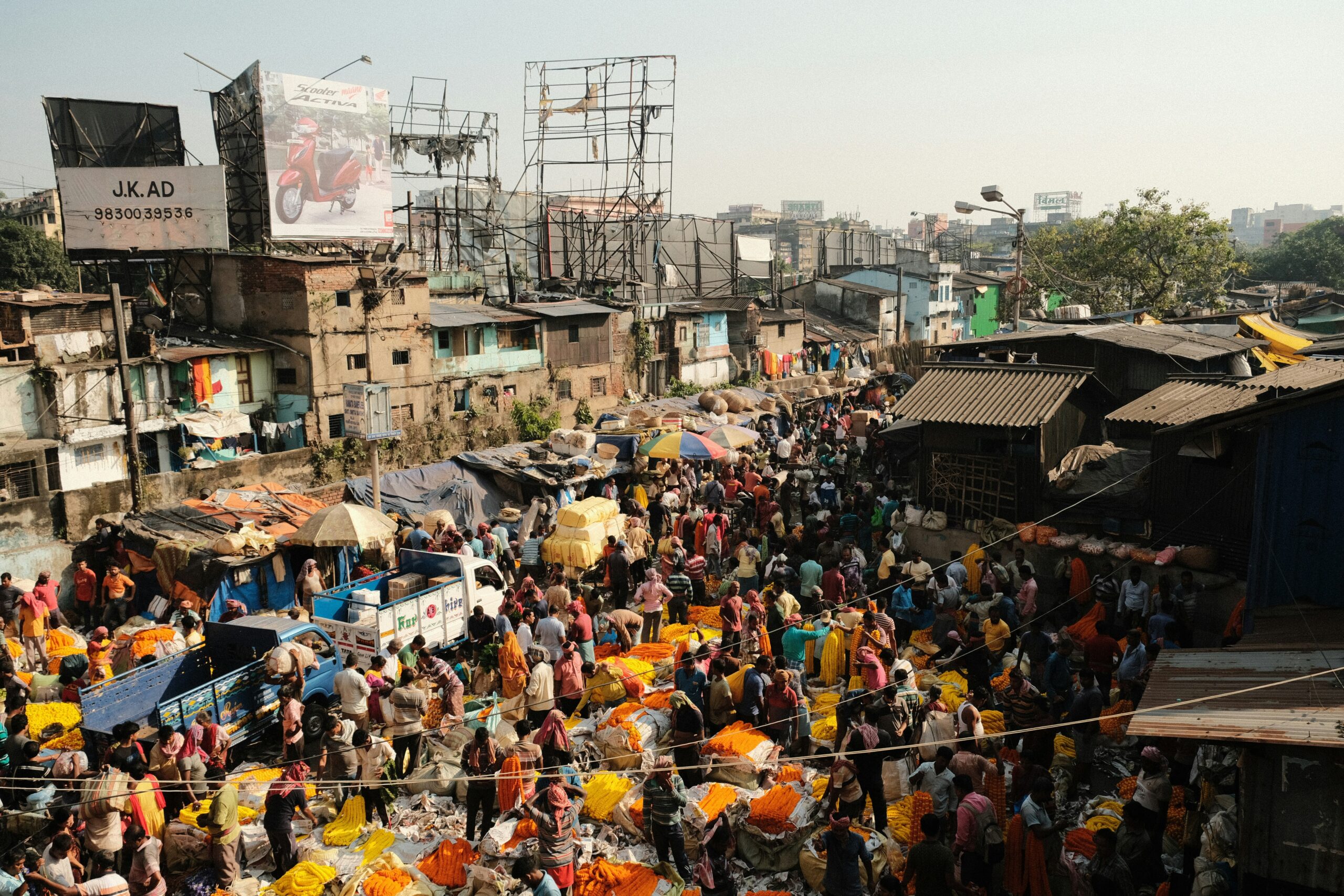
The Road to 10 Billion: World Population Projections 2024
The United Nations has today released its updated population projections up to 2100. It predicts there’ll be another two billion people on the planet by 2061, peaking at 10.3 billion in the mid-2080s.
-

PHE: The UK Government’s Narrow Outlooks Persist
Following our campaign for the UK government to fund Population Health Environment projects, we’ve received an official response from the Foreign, Commonwealth, and Development Office.
-

Dried up Futures: Drought and Desertification
Drought and desertification are the worst environmental crises facing the world today. Our new report Dried Up Futures examines how these interconnected disasters are driven by population growth, and the urgent need to act now to save our future.
-

World bee day: Pollinators being pushed to the precipice
Today is World Bee Day. Bees play a vital role in our natural ecosystems, pollinating flowers and our crops but are in serious decline in the UK and internationally, due to intensification of agriculture to feed our growing population.
-
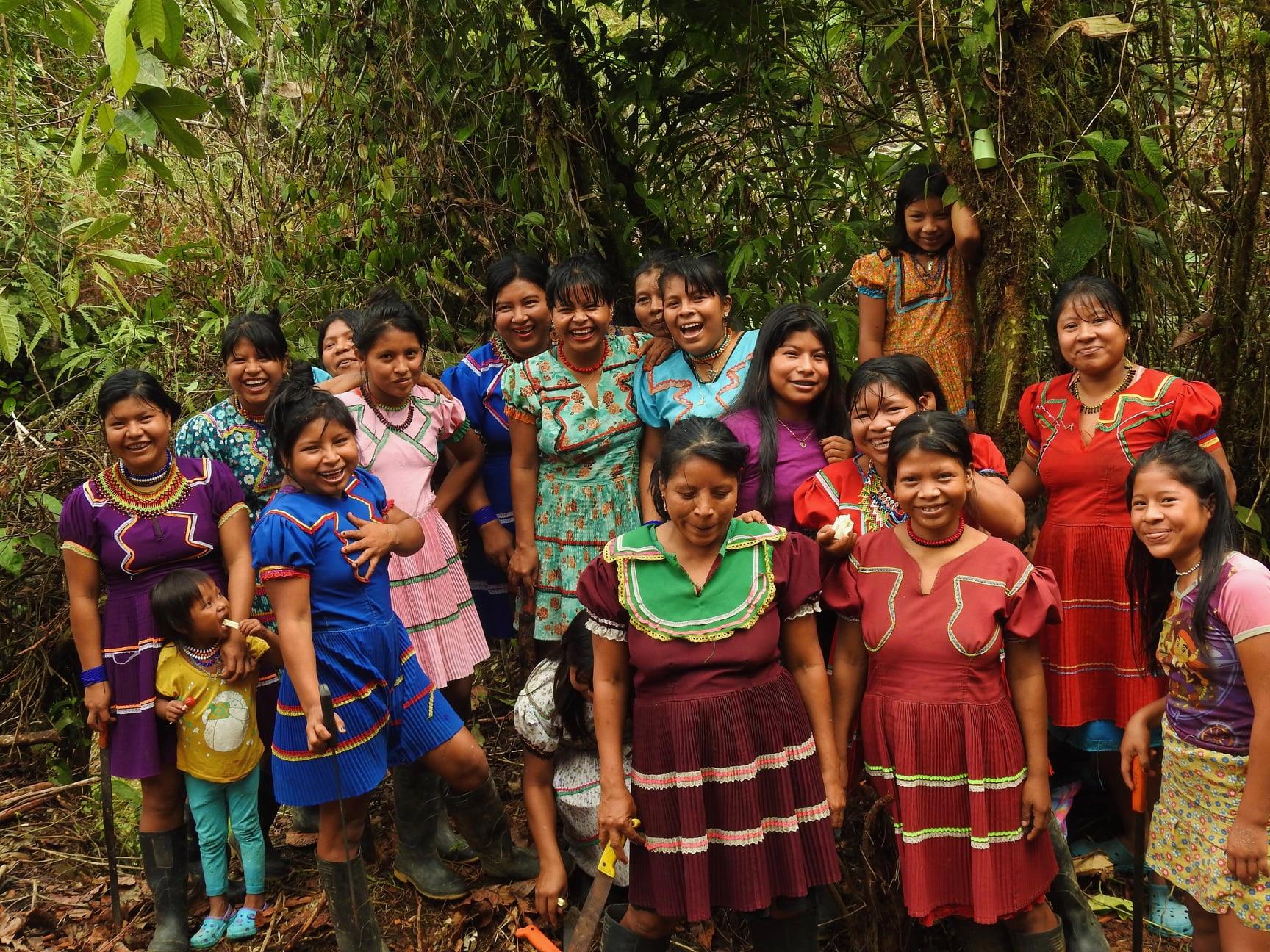
What Is Population Health Environment?
Population Health Environment (PHE) is an integrated approach to environmental conservation, family planning, and sustainable development. Find out more about PHE and join our campaign.
-
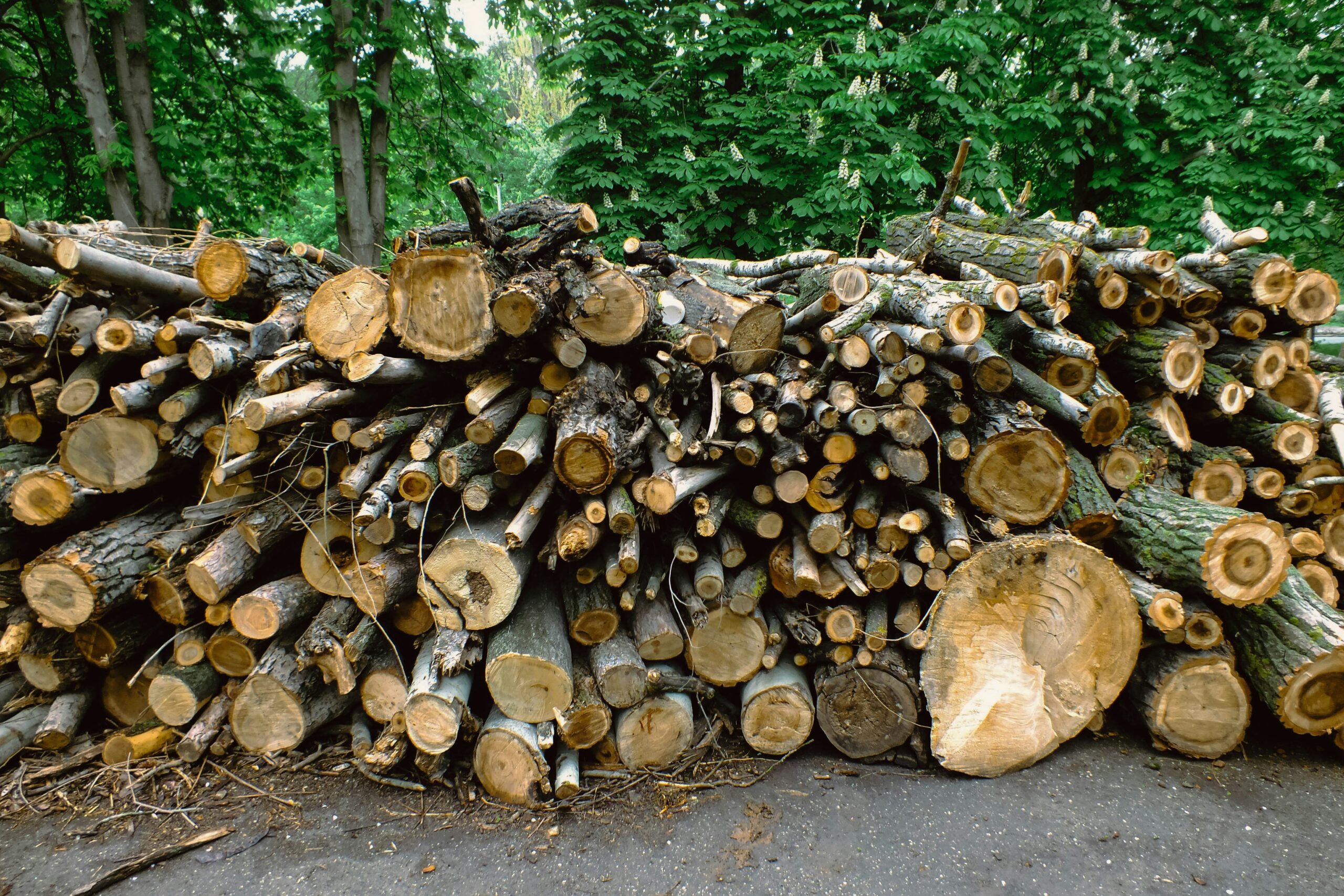
Global Resources Dwindling as Demand Rises
In the last 50 years resource use has tripled, just as the world’s population has grown from 3.6 billion people in 1970 to over 8 billion today.
-
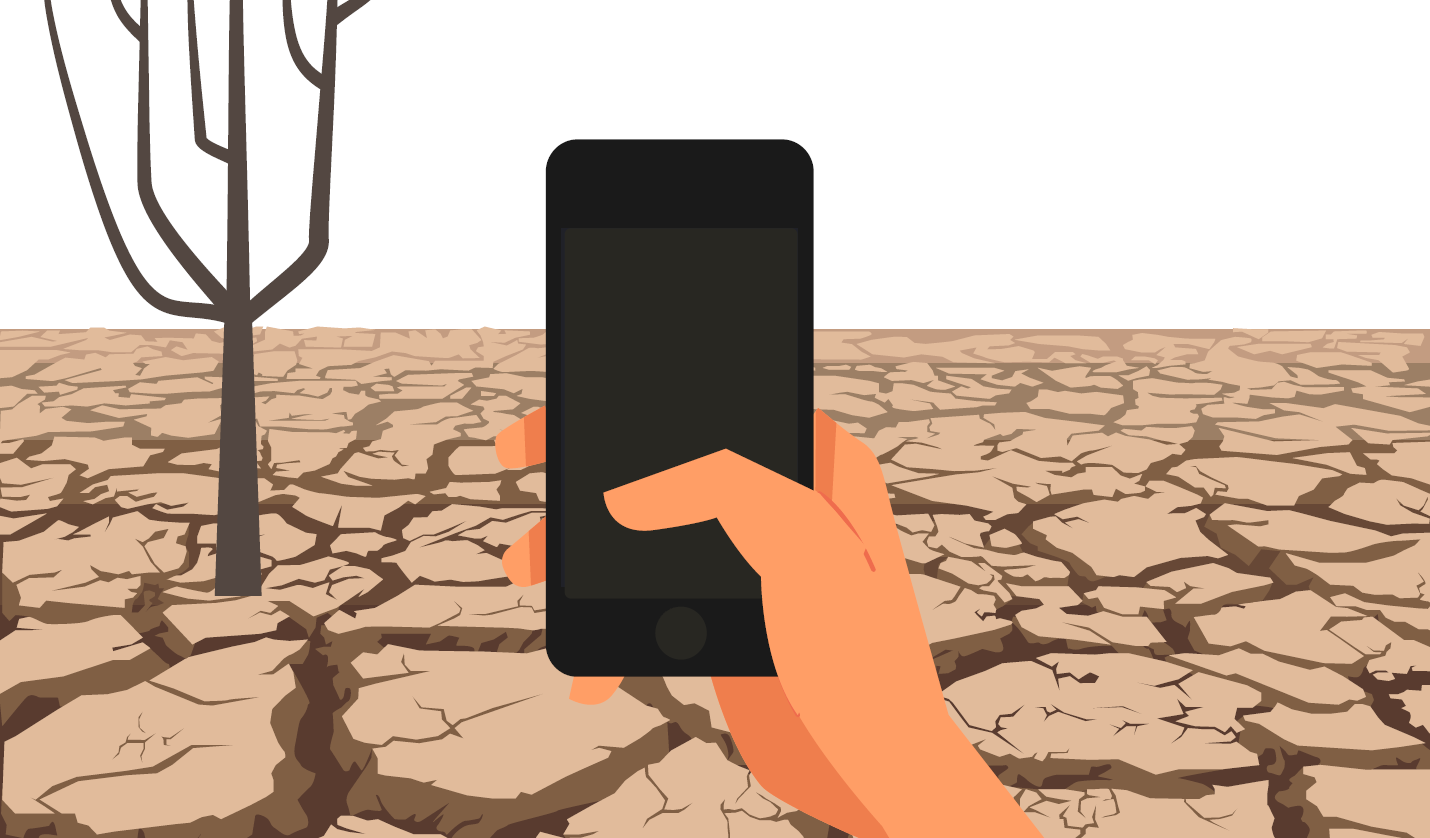
Six billion units: the Life Cycle of a Smartphone
Each individual smartphone requires an intensive production process to arrive in your hand. Multiply that by six billion units a year and the environmental impact becomes monumental.
-
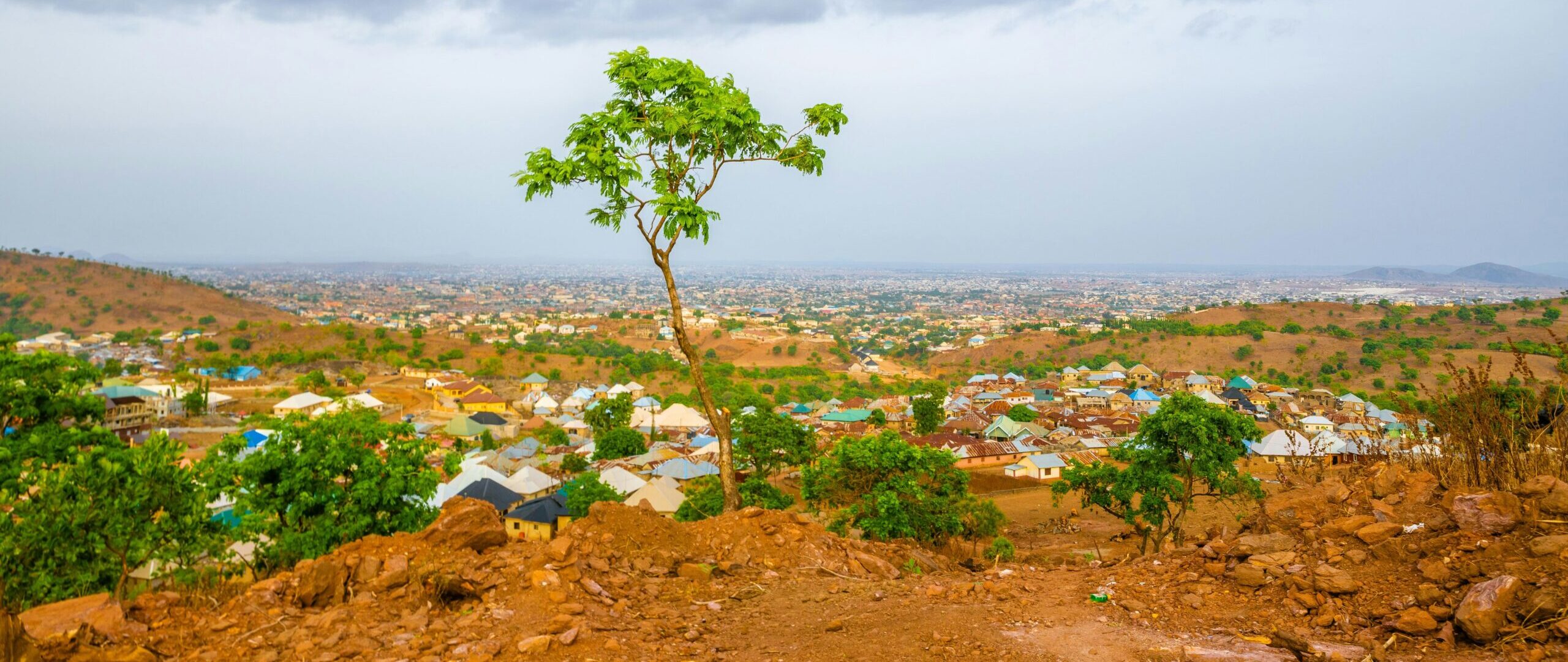
Population and the Environment in Nigeria – Too big to go green?
Nigeria is a country rich with natural resources, but they are coming under strain. With a booming population, what lies ahead for Nigeria’s environmental outlook?

